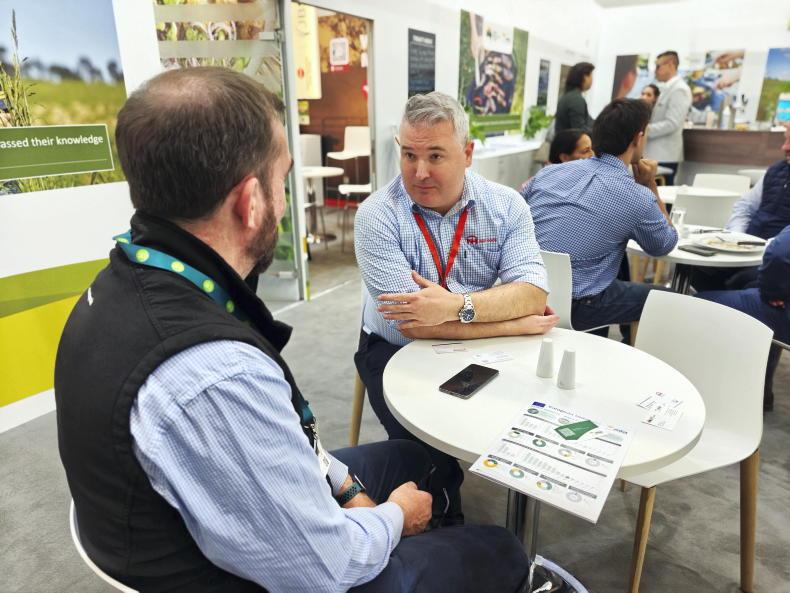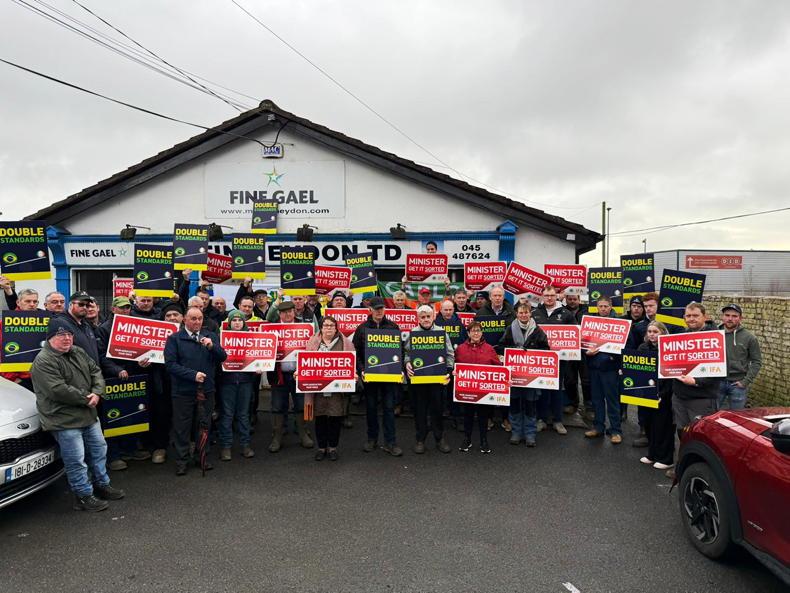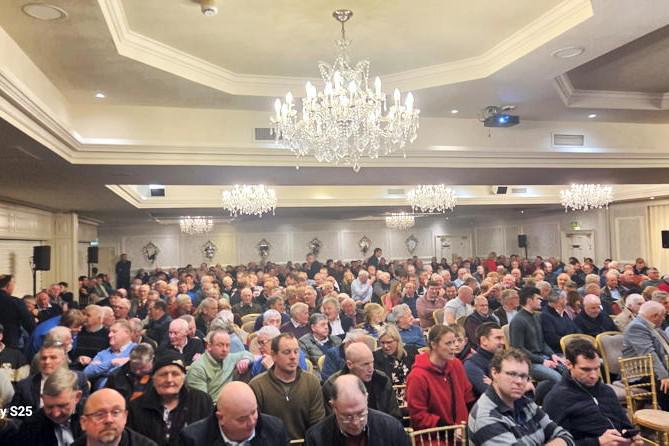Conserved Foodstuff Distributing Company, commonly known as ‘Khazan’, was founded in 1961 and is one of Middle East’s top producers and distributors of meat, poultry and fish products. Supplying the food service and retail sector, the Kuwaiti owned company has a total turnover of €1.15 billion.
Mohammed AL-Sayed Omar is the general manager of Khazan’s processed meats business in Dubai, which is in the United Arab Emirates (UAE). During the recent Irish trade mission to the Middle East, he hosted a visit from the Irish beef group.
“People love meat here, especially beef and lamb,” he said.
His advice to Irish exporters was that they “must have a branch here in the UAE”. While there are a huge amount of emails coming in, he explained that “we prefer to make eye to eye contact in this country”.
He was familiar with Ireland, having visited in September for the Bord Bia sustainability conference. “We are speechless on the quality – there is nothing to touch you,” he said.
“What I like about Ireland is that everyone is moving forward together under Bord Bia,” he added.
Processing staff in the factory earn an estimated €300 per month, which helps explains why the market is very price conscious, with promotions driving volume sales.
For a processed food business such as Khazan, price and consistent quality are two key factors in determining sourcing. About 60% is forequarter beef, with the balance flank.
Forequarter beef with 90% visible lean meat is one of their main requirements – Australia is currently considerably cheaper than Ireland for this product.
In the UAE, Khazan currently source their beef from Australia and Brazil.
How to position Irish beef “between these two giants” is the key issue, he said, suggesting that “pure and natural” could be the brand for Irish beef.
He pointed to a “golden opportunity” for Irish beef to establish a strong market position in Kuwait, as Brazil is banned from the market due to a BSE case last year. The Gulf Cooperation Council (GCC) has already recommended the lifting of the ban on Irish beef, but it has not yet happened in Kuwait.
“In Kuwait, Australia rule the roost,” he said. Beef from Paraquay and Uruguay is also filling some of the gap.









SHARING OPTIONS